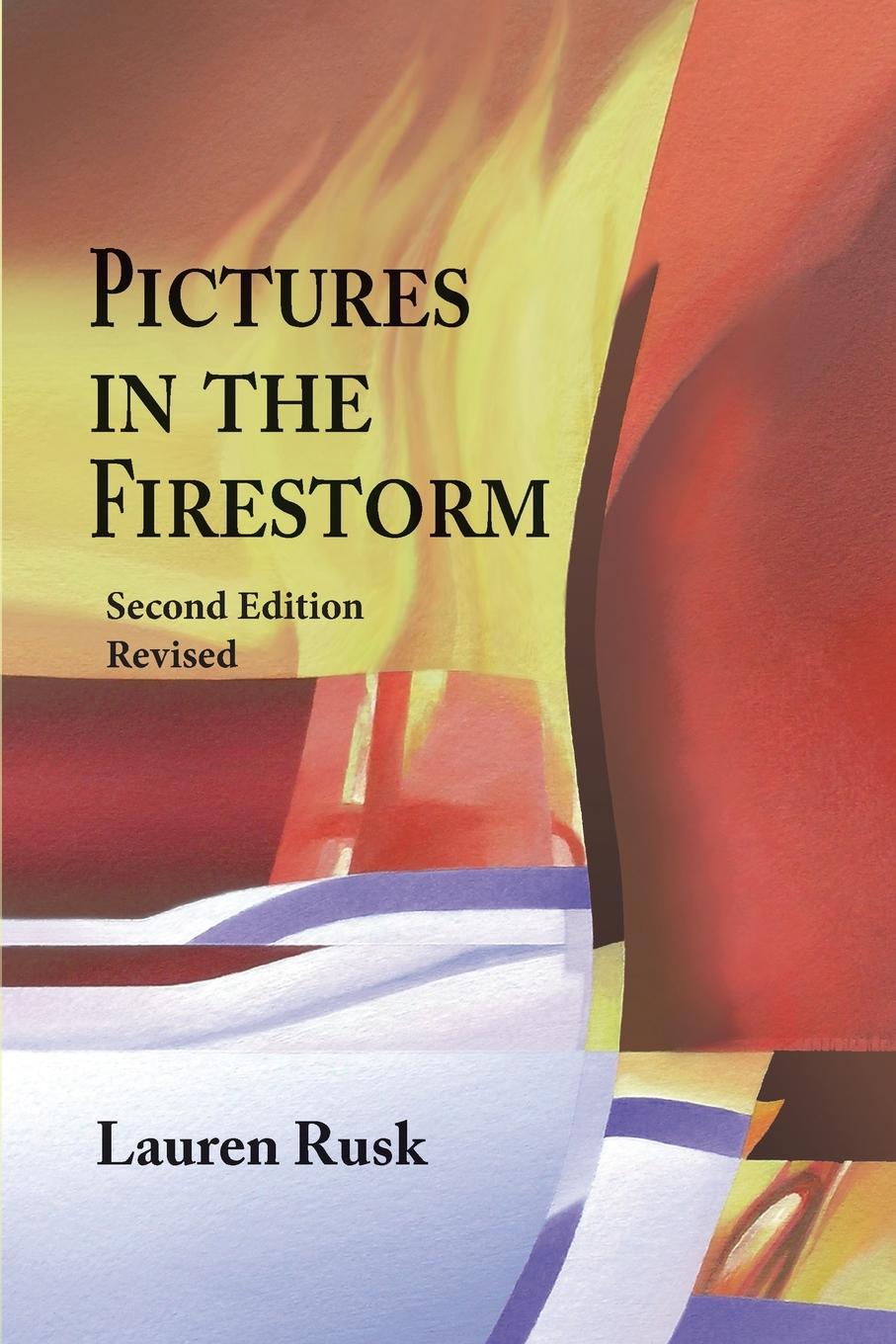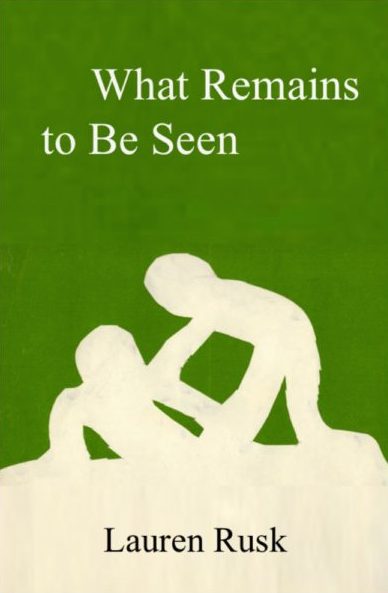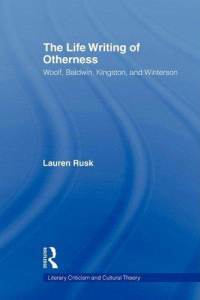|
Pictures in the Firestorm is wide in scope, luminous in detail, and
elegant in craft.
Lauren Rusk’s mastery of nuance and tone allows her to
write with equal grace about 1960s San Francisco and about the enduring
challenge and grief of a Holocaust museum.
Her poems range from
evocative glimpses of the momentary to complex meditations on art and
its relationship to the world.
Rusk’s passion for visual art includes
the sometimes difficult history of its making; her subtle wit and
intelligence move in and out of the frame, always with one eye on the
world outside the gallery, where too often conditions of injustice and
violence prevail.
Lauren Rusk does not see an opposition between art and
social concerns, but embraces them both.
The result is a book of poems
at once fluid and urgent—an impressive achievement, and in these days,
especially, a crucial one.
|
|
When joy allies itself with the sort of uncompromisingly accurate
descriptions found in Lauren Rusk’s
Pictures in the Firestorm, the result is an immensely readable
poetry, irrepressible in feeling and unoppressible in spirit.
This exceptional first book takes nothing less than wholeness from
intelligence.
Its speaker is always game, sometimes grave, sometimes blissful, and
even in the midst of our dark history ever ready for “this journey
to encounter . . . multitudes, belongings.”
|
|
As Lauren Rusk’s carefully wrought poems let us know,
“Stories last in the dust.” Here is a poet whose attention
to the world seems amply rewarded by a language so graceful it
practically glows.
Rusk stands at the curious junctures of ancient tales at the very
moments they’re matriculating into 21st century passions,
pastimes, and resonant regrets.
Rusk’s poems are made all the bolder, clearer, and dearer by how
much of the bold, the clear, and the dear she allows in.
|

|
Art saves lives, we say.
Yes and no: nothing rescued the children of Terezín, though
the drawings they left behind preserve something of their inventive
play, their hopes, terror and questions.
Lauren Rusk is an extraordinary observer; she brings to these artifacts
a profound ability to discern in marks on a page the human complexity of
the ones who made them.
The great majority of these children went up in smoke in the absolute
moral zero of the chimney stacks.
But we can bear witness to them, still, in the precise, empathic and
beautiful interventions of a poet who knows that what she can save is
sometimes all we have, and never enough.
|
|
Lauren Rusk resurrects the imaginations of children whose inner lives
shine through contraband paper and color in artworks found when the
labor camp Theresienstadt was liberated.
She manages to re-create the works themselves, which often reflect a
Chagall-like combination of lyricism and dissociation, and also to bring
the children to life in their moments of vision and their persistent,
subversive reach for beauty.
Rusk serves as their transparent medium, selective and convincing, in
this gem of a collection.
|

Contents
1. Reading the Life Writing of Otherness: A Critical Synthesis
2. The Common Life of Uncommon Women: Woolf’s A Room of One’s Own
3. The Personal Passion of Collective Selfhood: Baldwin’s Notes of a Native Son
4. The Hard-Won Harmonics of Selfhood: Kingston’s The Woman Warrior
5. The Refusal of Otherness: Winterson’s Oranges Are Not the Only Fruit
1. Reading the Life Writing of Otherness: A Critical Synthesis
2. The Common Life of Uncommon Women: Woolf’s A Room of One’s Own
3. The Personal Passion of Collective Selfhood: Baldwin’s Notes of a Native Son
4. The Hard-Won Harmonics of Selfhood: Kingston’s The Woman Warrior
5. The Refusal of Otherness: Winterson’s Oranges Are Not the Only Fruit

